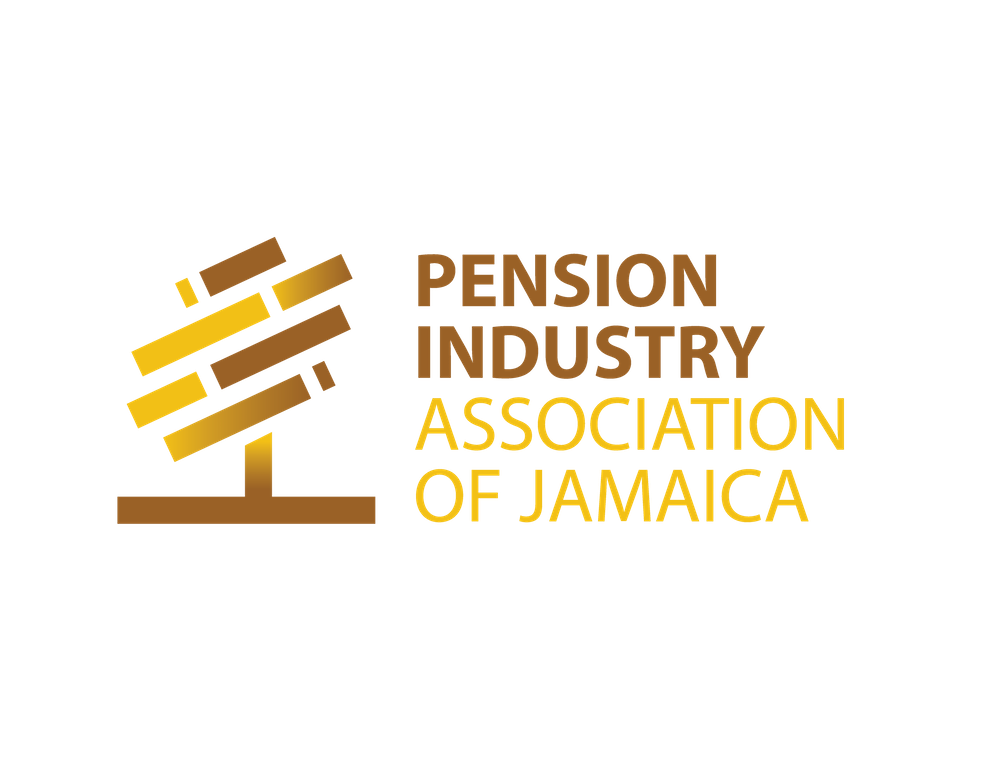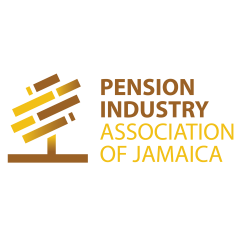PIAJ maintains a cordial relationship with the relevant regulators in the pensions industry. However, the Association remains committed to ensuring the concerns of Members are effectively conveyed to the regulators and to insist on responses to these concerns.
Financial Services Commission of Jamaica(FSC) – Phase 1
The passage of the Pensions (Superannuation Funds and Retirement Schemes) Act and attendant Regulations signalled the first step in the Government’s move to implement a regulatory framework for private pension plans in Jamaica. For many years prior to the passage of the Pensions Act, the Tax Department, had the sole task of monitoring, regulating and approving pension plans under the Income Tax Act. The Income Tax Act, however, did not have the scope to handle and address important issues such as management of trustees, benefit payments, complaints, solvency and funding requirements or compliance.
Phase 1
PHASE 1 of the Reform of the Private Pension System was completed in September 2006, with the passage of the Pensions (Superannuation Funds and Retirement Schemes) Act, 2004 (the Pensions Act). The Pensions Act introduced sweeping changes in the pensions industry in Jamaica. Before the Pensions Act, the Industry (excluding a few pension plans established by Acts of Parliament) was governed by the tax authorities via a single section of the Income Tax Act (Section 44).
Click the tabs to learn more…
- Licensing, Registration and Regulation of Investment Managers and Administrators
- Registration of Trustees, (on satisfaction of specific criteria)
- Registration of Plans
- Increased responsibilities of trustees and sponsors
- Codified certain common law principles
- Gave the Financial Services Commission responsibility for the regulation and supervision of private sector pension plans.
- Must meet at least annually
- Have ultimate responsibility for administering plan and managing the assets.
- Must establish and review policies and procedures for the governance of the plan, related to conflicts of interest, complaints resolution, anti money-laundering
- Must appoint investment manager and administrator, actuary,
- Must provide members with a handbook setting out plan provisions in straightforward language
Employees can contribute up to 20% of their salary less the amounts paid by their Employers to an Approved Retirement Scheme or Superannuation Fund
- Permissible Normal Retirement Ages (NRA) i.e. 60 to 65 years
- Latest Retirement Age -not more than 5 years after NRA
- Early Retirement – must be allowed – within 10 years of NRA
Benefits must be portable (transferable from one approved fund to another)
- Set out in Governance Regulations
- Prescribed benefit statements on termination of service
Phase 2
The Association (PIAJ) has made representations to the Financial Services Commission on the proposed amendments to the Pensions (Superannuation Funds and Retirement Schemes) Act, popularly referred to as Phase II amendments. Phase II has been a few years in the making and we have been actively involved, having had members sit on various sub-committees tasked with reviewing the proposed amendments. PIAJ, like the wider pensions industry, anxiously awaits the release of the draft bill. The FSC has assured the Association that the draft bill will be available for review soon and that further comments will be invited from pension stakeholders at that time.
- Permitting membership in both superannuation funds and retirement schemes;
- Removal of the requirement for member and pensioner trustees for a retirement scheme;
- Locking in of compulsory contributions with the ability to unlock same only in specified circumstances;
- Removing the requirement for member approval of amendments;
- Portability of funds from recognised jurisdictions; and
- Introduction of a 5-year cap on the vesting period of members of a superannuation fund.
Pensions Act
The Income Tax Act
- Ordinary Annual Contributions by an employer or employed person to an approved superannuation fund shall be tax deductible.
- Employer Contributions other than ordinary annual may be deductible in one year or spread over a number of years (up to 10)
- Be bona fide established under irrevocable trusts in connection with some trade or undertaking carried on in the Island by a person residing therein
- Have for its principal purpose, the provision of lump sums, pensions and annuities for its members
- Have limits on the amount of pension that can be commuted to lump sum
- Be a contributor to the fund
- Not provide more favourable benefits, or more favourable distributions of any surplus arising on a winding-up of the fund, for a person who is connected with the employer or is a relative of such a person than for persons in similar circumstances who are neither connected with the employer nor are relatives of such persons
- The trustees, administrator or employer to provide such information and particulars as the Commissioner may require withdraw his approval of the fund if it appears to him that any of the conditions specified are not satisfied, or that any conditions imposed by him have been contravened, or qualify his approval of the fund if it appears to him that, having regard to the value of assets in the fund and its probable future resources, the income of the fund does not need to be exempted from income tax in order for the fund to be of a size to enable it to be reasonably sure of meeting its present and future obligations.
- Annual filing required for tax exemption if less than ten (10) members
General Pension Plan Information
It is an offence to operate a superannuation fund or retirement scheme unless it is first registered pursuant to the Act.
Companies that sponsor unregistered superannuation funds or retirement schemes may be liable to a fine of up to 5 million dollars.
Pension plans are trusts, not legal entities, therefore investments must be held in the name of the individual trustees (or custodian trustee) of the plan or by the investment manager in the name of the plan.
- Pension contributions are made before your income is taxed. This means the amount of the contribution is deducted from your salary before income tax is assessed so more of your money can earn investment returns.
- Pay less income tax as income tax is assessed on a smaller amount of your salary.
- Withholding tax. The returns that you earn from saving in a pension plan are not subject to withholding tax as compared with other investment returns which are subject to withholding tax.
- Passing on your benefit – When you enrol in a pension arrangement you are asked to identify specific persons, called beneficiaries, who will be entitled to your pension in the event of your death. Your beneficiaries are paid without a Will having to be probated. Also there are no death duties or transfer taxes applicable on the payment of a pension benefit to your beneficiaries on your death.

